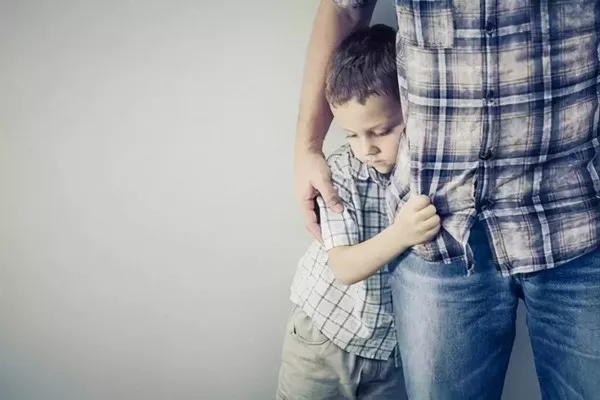Bryant, a survivor of suicide, underscores that the enduring stigma associated with depression and mental illness remains a significant obstacle for those seeking help.
“We often get unfairly associated with mass killings,” Bryant lamented. “Who wants to openly admit to having a mental health condition when the consequences can include job loss? That’s why many of us suffer in silence.”
This stigma frequently manifests as well-intentioned but misguided advice when individuals with depression discuss their symptoms. Such advice may include recommendations to engage in more social activities, increase physical exercise, or simply socialize more, often overlooking the seriousness of a psychiatric diagnosis.
Dr. Mann, an expert in the field, draws a poignant parallel, emphasizing that, much like a broken leg requiring medical attention, depression should be treated first, followed by a gradual return to social interactions and other aspects of life.
“Depression is similar. Seek treatment, then embark on the path to socializing and improving academic performance and other areas. It’s not the other way around,” Dr. Mann explained.
Recent statistics indicate that the stigma surrounding mental health may diminish as more Americans become informed about suicide prevention strategies.




























